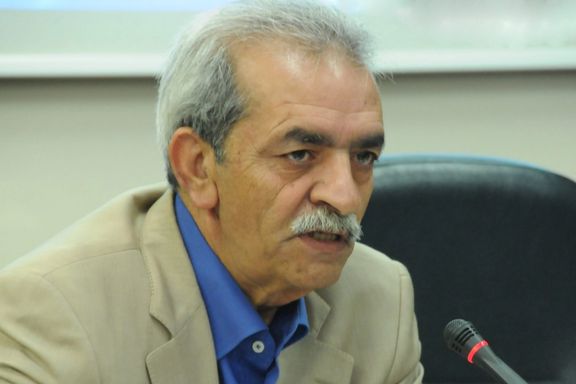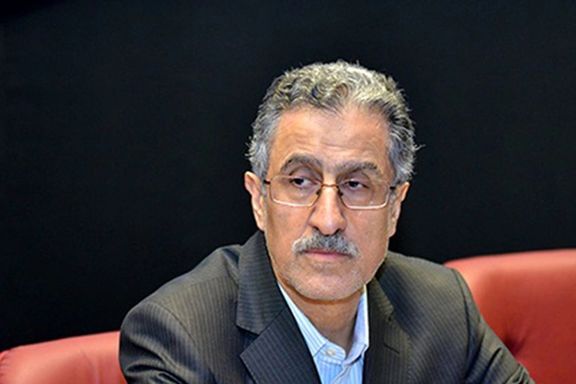Government Tries To Bar Businessmen From Iran Chambers Of Commerce

Over 40 percent of candidates running for chambers of commerce in Iran who are somewhat independent of the government were disqualified by a supervisory body.

Over 40 percent of candidates running for chambers of commerce in Iran who are somewhat independent of the government were disqualified by a supervisory body.
Disqualifications have been so widespread that the actual elections of chambers of commerce, industries, mines and agriculture often referred to as “private sector’s parliament”, had to be postponed from February 29 to March 10 to allow investigation of candidates’ complaints.
Mehdi Karbasian, a former deputy minister of industries, mines and trade, who represents several high-profile companies, and Masoud Khansari, the incumbent chairman of Tehran Chamber of Commerce, the most influential chamber in the country, are among the candidates who have been disqualified.
Khansari had recently disclosed more than $10 billion of capital outflow from Iran per year.
In a commentary entitled “Butchering Chamber of Commerce Election [Candidates] Following Increase of Businessmen’s Criticism of Raisi Government”, Aftab News website on Saturday said disqualified candidates believe due to profuse criticisms of the government policies by businessmen and chambers, the ministry of industries, mines and trade has decided to take control and only allow its own supporters to take the key positions.
Iran’s economic crisis has deepened in recent months as the national currency has lost more than half of its value and hyper-inflation is feared in the next few months. Prominent businessmen holding positions in chambers of commerce have urged the government to change its foreign policy and end US economic sanctions.

The vetting was based on a recent regulation that required candidates to have at least two consecutive years of membership in chambers of commerce, to have paid insurance for a minimum of twenty employees during the past year, to have had a minimum annual turnover of 150 billion rials, and to have also been awarded for exports by the Trade Development Organization.
The boards in every city where the chamber of commerce elections were to be held consist of representatives of the Chamber of Commerce of Iran and the ministry of industries, mines and trade.
One of the barred candidates who did not want to be named, told Aftab News that that disqualifications were more a result of the candidates’ political leanings than the new regulations. “The ministry of industries, mines and trade and the government are trying hard to shift the control of the chambers, particularly the chambers of Iran and Tehran, to a certain political faction,” he said.
Aftab News which is believed to be close to former President Hassan Rouhani and the Moderation and Development Party, said most of the disqualified candidates have reformist affiliations.
The reformist Etemad newspaper wrote last week that those who are currently key members of the chambers were very unlikely to be allowed to run again. The newspaper predicted that the elections of the “private sector parliament” would be engineered to shift the control to government supporters.
The current chairman of the Iran Chamber of Commerce, Gholam-Hossein Shafei and some other high profile former members did not nominate themselves to run.
Chambers of commerce often produce economic reports that the government finds embarrassing while some prominent members such as Shafei have been vocal critics of the government’s lack of communication with representatives of the private sector over its economic policies.
Shafei recently strongly criticized the government’s proposed budget arguing that it would create serious challenges for the private sector.
Referring to the current foreign exchange rate crisis Saturday, a member of Tehran Chamber of Commerce, Ahmadreza Farshchian, described the past four years as the most difficult years for the private sector since the end of the Iran-Iraq War (1980-1988).